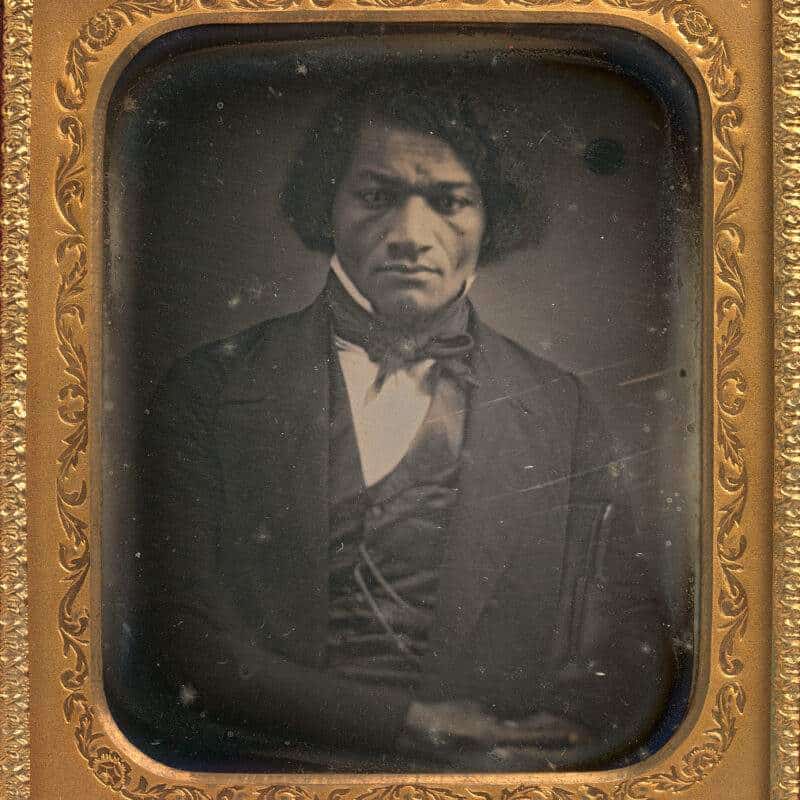One of CultureSource’s seven guiding principles is “we have a responsibility to elevate voices historically oppressed by privilege.”
With guiding principles like that fueling progress toward our vision, we have arrived at representational justice as a long-term anchor point of inquiry, introspection, and action.
This focus was inspired by the 2015 “Vision and Justice” edition of Aperture magazine, of which Sarah Lewis served as guest editor. Our vision of representational justice understands that representation matters and that we all possess the agency to manifest narratives of our neighbors that embody humanity, truth, and respect. Attending to representation can also be either corrective (undoing past misrepresentation) or reflective (embracing the full breadth of images and identities existing around us).
We hope our representational justice discovery process diversifies the modes of creative and cultural expression we experience or exhibit in our sector’s work, and puts us—as cultural professionals—in closer touch with contemporary artforms that embody the spirit of our region or give new relevance to traditional forms.
We begin our focus on representational justice with a digital residency of Simone Eccleston, the director of hip hop culture and contemporary music for the Kennedy Center for the Performing Arts in Washington, D.C.
As an artform and genre, hip-hop is rich with opportunities to explore creativity, identity, and society. While many arts institutions and artists have committed to studying cultural expression with healthy and deep roots, hip-hop flourishes today as both an established yet still emerging dimension of artistry.
CultureSource’s exploration of hip-hop is not about validating it in any way—that is not an authority we or our region’s institutions possess. We do, though, want to clear even more channels to creative expression, ones that celebrate wide-ranging legacies of artistic pioneers and innovators, and expand present-day opportunities for us to all flourish artistically and civically.
As a result of our work, we hope to see the following:
- a hastened diversification art presented, exhibited, curated, studied, taught, and produced in Southeast Michigan
- broader sets of patrons engaged in artistically advising institutions
- culture workers with increased knowledge of contemporary art and music
- growth in general cultural competency among arts and culture professionals
- wider array of artists and culture workers employed/contracted by our member organizations
Our representational justice and hip-hop residency kicks off December 1-4, 2020. Please join us for lively dialogue and discovery. Register for the residency events at culturesource.org/calendar.


